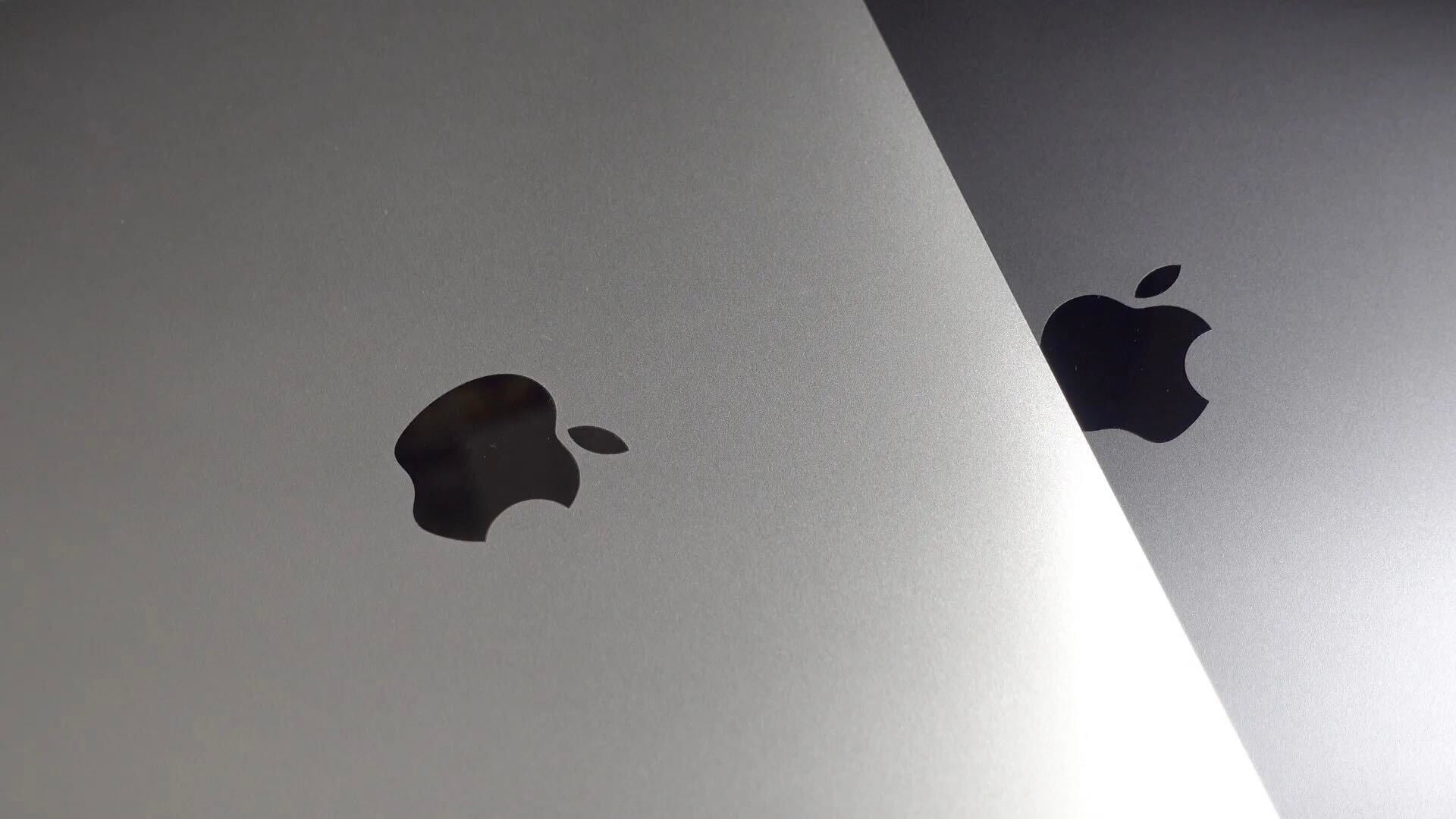

One of the things I find most inspiring about the iPhone is the way it can be adapted to create very low-cost versions of what would otherwise be very expensive medical equipment, unaffordable in many parts of the world. We’ve previously seen this approach taken for things as diverse as HIV tests, skin cancer detection and eye injury diagnosis.
The UC Berkeley has just added blood parasite detection to the list, using a 3D-printed case, Arduini board with Bluetooth module and LED lighting …
The gadget can literally mean a huge difference in parts of Africa, where a common parasite can cause blindness and elephantiasis, reports Engadget:
“It takes five-second videos of blood samples, the companion app looking for signs of movement from the microscopic worms.
The drugs necessary to treat the two conditions are relatively common, but there’s a problem. If a patient is also suffering with Loa Loa, or African eye worm, then that same medicine can cause severe brain damage or death.”
That risk has led to a reluctance to treat the conditions without a solid diagnosis, which cannot be made in the field. This kit will enable front-line health workers to reach a conclusive diagnosis without costly lab equipment. You can watch a video of the kit in action below.
[youtube=https://www.youtube.com/watch?v=Iyzzg7dTuvY]
FTC: We use income earning auto affiliate links. More.





Pretty impressive and promising sign of things to come as the iPhone only gets more powerful.
Yet the iPhone has absolutely zero relevance, other than being one of many smartphones with a decent camera.
Yep, the people who are most responsible are the developers who have the smarts to write the software that can take advantage of smartphone capabilities.
This is iPhone
Excellent work. Congratulations.